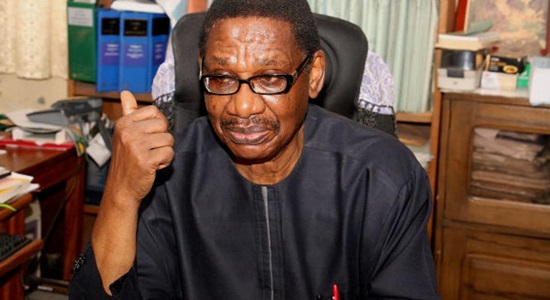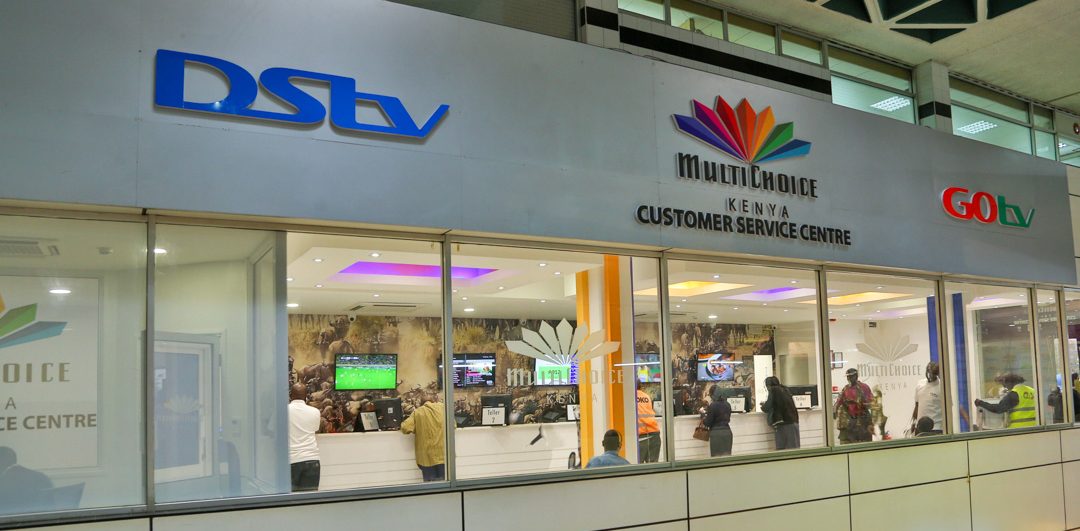The Chairman of the Presidential Advisory Committee Against Corruption (PACAC), Prof. Itse Sagay, said on Tuesday the body would push for the prosecution of bank chiefs who connived with corrupt government officials and looters to move and hide stolen funds. The PACAC chairman made this known as he delivered a public lecture in Lagos on the topic: The many afflictions of anti-corruption crusade in Nigeria. It was organised by the Nigerian Society of International Law.
He said the “monstrous epidemic of high profile corruption” could not have afflicted Nigeria without bankers’ collusion.
“They must not get away with it. In my own little way, we are going to push for the prosecution of such bank chiefs. They must be prosecuted.” Sagay said.
He said the legislature, senior lawyers, especial Senior Advocates of Nigeria (SANs), and some “hostile and powerful judges” work against efforts to rid the country of corruption.
“There is a gang up of the powerful political, business and banking elite that is determined to frustrate the anti-corruption struggle” he said.
Sagay said the National Assembly comprises self-serving lawmakers who allocated N125billion to themselves alone this year. He said while the United States President earns $400,000 per annum, a Nigerian senator earns over $1.7million.
Sagay said beside a basic salary of N2.4million per month, they earn allowances such as hardship (50 per cent of basic salary), newspaper allowance (50 per cent), wardrobe allowance (25 per cent), entertainment (30 per cent), recess (10 per cent), and leave (10 per cent), among others.
The total allowances, he said, amounts to N29.5million per month and N3.2billion per annum. Perhaps the most notorious example of the legislators’ resistance to the war against corruption is the rejection of the right of the executive to choose the persons who will spearhead that struggle.
The clear impression is created that Nigerian legislators are in office for themselves and not for the populace. Not surprisingly, the National Assembly has not passed a single bill for the promotion of anti-corruption war since it commenced business in July 2015. The Whistle Blowers Protection Bill, the Proceeds of Crime Bill and the Special Criminal Court Bill remain in a virtual state of stagnation.
“What evidence do we need to establish the hostility of the eighth Assembly to the anti-corruption war?” Sagay said.




















